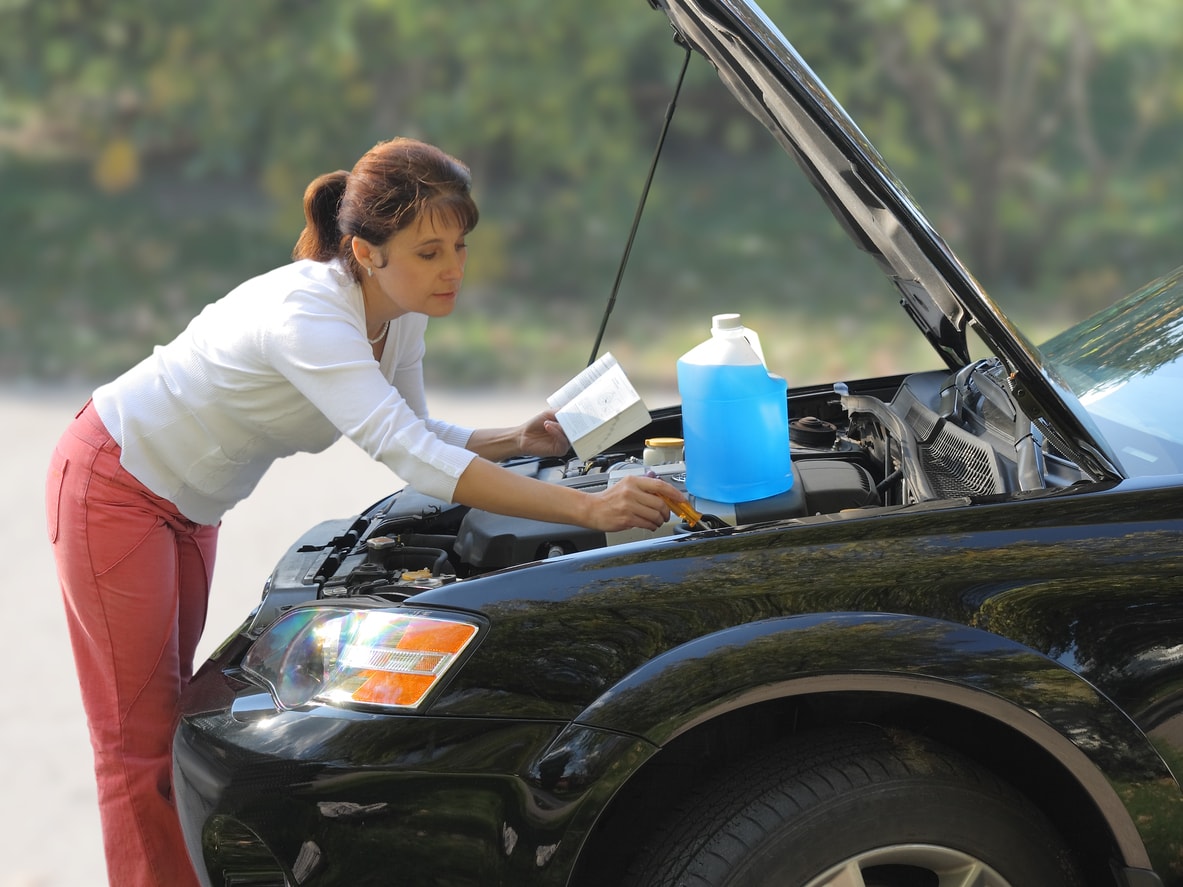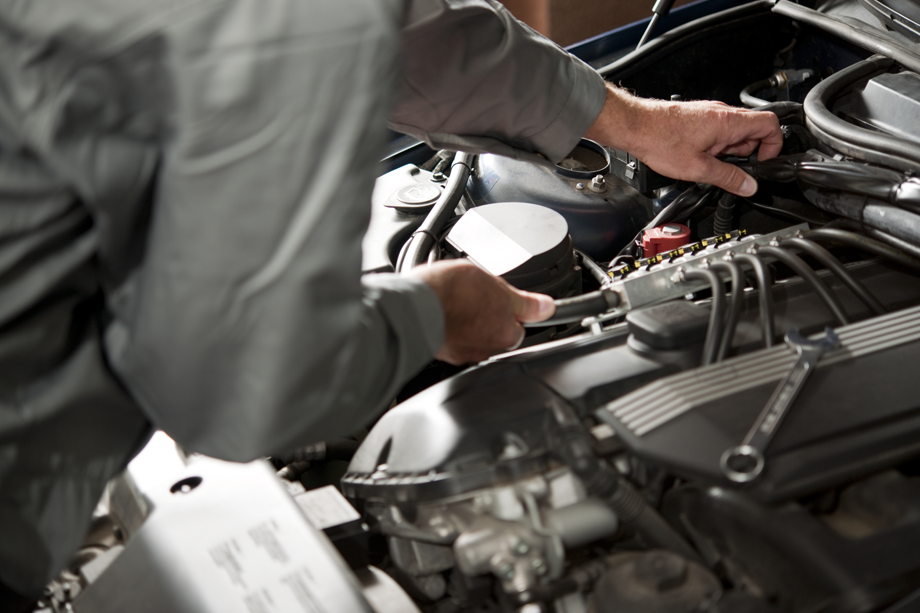All Categories
Featured
The surge of electric cars (EVs) has produced considerable improvements in lasting transport, however it likewise provides a growing issue: what occurs to EV batteries when they are no longer usable? These batteries, which contain useful materials such as cobalt, nickel, and lithium, can not just be thrown out. Reusing them is necessary to minimize ecological injury and recover crucial resources. Service centers have actually stepped into this space, offering electric vehicle battery reusing services to satisfy the demands of eco-conscious EV proprietors.
![]()
Environmental Management: Protecting against damaging chemicals from contaminating dirt and water. Resource Healing: Drawing out multiple-use materials like lithium and cobalt to minimize the requirement for new mining procedures. Energy Efficiency: Recycling makes use of much less energy than sourcing resources, adding to a lower carbon footprint. As numerous EV batteries are expected to reach completion of their lifecycle in the coming years, the need for reusing options has actually never been greater.
Collection and Safe Storage: Many repair service shops accumulate used EV batteries from clients and keep them securely up until they can be carried to reusing facilities. Partnerships with Recyclers: Shops usually collaborate with specialized reusing business that remove and repurpose beneficial materials. Repurposing Efforts: Some batteries, although no longer appropriate for automobiles, can be repurposed for stationary power storage space solutions, a solution some repair work shops facilitate. 3. Partnerships with Manufacturers and Recycling Programs. To enhance the reusing process, fixing shops frequently partner with EV producers and third-party recyclers. Examples include:
Maker Programs: Brands like Nissan and BMW have actually carried out battery recycling campaigns, utilizing certified fixing shops to gather and take care of used batteries. Third-Party Recyclers: Companies like Redwood Products and Li-Cycle job with independent repair work shops to reuse batteries from different EV brand names. These collaborations make sure that recycling is dealt with sensibly and successfully, with minimal ecological influence.
Benefit: Clients can recycle batteries in your area without navigating complex reusing networks. Cost Savings: Some shops provide trade-in credit ratings or discounts on substitute batteries when customers reuse their old ones. Sustainability Assurance: Partnering with credible stores warranties that batteries are recycled in compliance with environmental laws. 5. Challenges in Expanding Recycling Providers. Despite development, there are difficulties to making battery recycling globally available:
Educating Needs: Taking care of EV batteries securely calls for specialized understanding and devices, which not all fixing shops possess. Price of Recycling: Transporting and processing batteries can be pricey, posing a barrier for smaller sized stores. Limited Infrastructure: In some areas, access to recycling centers is still underdeveloped. Federal governments and manufacturers are functioning to deal with these problems via incentives, financing, and research study right into much more effective reusing modern technologies.
![]()
Verdict. Yes, repair work shops supplying electrical vehicle battery recycling are becoming an important part of the EV ecosystem. By working together with producers, recyclers, and environmental programs, these services are helping to ensure that the transition to electrical transportation is as sustainable as feasible.
For EV proprietors, picking service center with reusing abilities is not just a useful decision however additionally an accountable one. Together, fixing customers, shops, and producers can produce a lasting future where EV batteries are not lost but repurposed, recycled, and reused for the advantage of the earth.

- The Relevance of Reusing EV Batteries. Unlike standard cars and truck batteries, EV batteries are big and complicated, with unique recycling needs. Appropriate recycling is critical for numerous reasons:
Environmental Management: Protecting against damaging chemicals from contaminating dirt and water. Resource Healing: Drawing out multiple-use materials like lithium and cobalt to minimize the requirement for new mining procedures. Energy Efficiency: Recycling makes use of much less energy than sourcing resources, adding to a lower carbon footprint. As numerous EV batteries are expected to reach completion of their lifecycle in the coming years, the need for reusing options has actually never been greater.
- How Repair Service Shops Contribute to Battery Recycling. Repair stores play a vital function in the EV environment by giving effective and available recycling alternatives. Below's exactly how they support sustainability:
Collection and Safe Storage: Many repair service shops accumulate used EV batteries from clients and keep them securely up until they can be carried to reusing facilities. Partnerships with Recyclers: Shops usually collaborate with specialized reusing business that remove and repurpose beneficial materials. Repurposing Efforts: Some batteries, although no longer appropriate for automobiles, can be repurposed for stationary power storage space solutions, a solution some repair work shops facilitate. 3. Partnerships with Manufacturers and Recycling Programs. To enhance the reusing process, fixing shops frequently partner with EV producers and third-party recyclers. Examples include:
Maker Programs: Brands like Nissan and BMW have actually carried out battery recycling campaigns, utilizing certified fixing shops to gather and take care of used batteries. Third-Party Recyclers: Companies like Redwood Products and Li-Cycle job with independent repair work shops to reuse batteries from different EV brand names. These collaborations make sure that recycling is dealt with sensibly and successfully, with minimal ecological influence.
- Advantages for EV Proprietors. Repair stores offering battery recycling solutions supply substantial advantages to EV owners:
Benefit: Clients can recycle batteries in your area without navigating complex reusing networks. Cost Savings: Some shops provide trade-in credit ratings or discounts on substitute batteries when customers reuse their old ones. Sustainability Assurance: Partnering with credible stores warranties that batteries are recycled in compliance with environmental laws. 5. Challenges in Expanding Recycling Providers. Despite development, there are difficulties to making battery recycling globally available:
Educating Needs: Taking care of EV batteries securely calls for specialized understanding and devices, which not all fixing shops possess. Price of Recycling: Transporting and processing batteries can be pricey, posing a barrier for smaller sized stores. Limited Infrastructure: In some areas, access to recycling centers is still underdeveloped. Federal governments and manufacturers are functioning to deal with these problems via incentives, financing, and research study right into much more effective reusing modern technologies.

- The Future of EV Battery Recycling. As the EV market remains to expand, the role of fixing shops in battery recycling will certainly end up being even more essential. Regulative needs are encouraging makers and repair service networks to establish thorough recycling systems. Arising modern technologies are likewise enhancing the effectiveness of product healing, making recycling extra commonly available and economical.
Verdict. Yes, repair work shops supplying electrical vehicle battery recycling are becoming an important part of the EV ecosystem. By working together with producers, recyclers, and environmental programs, these services are helping to ensure that the transition to electrical transportation is as sustainable as feasible.
For EV proprietors, picking service center with reusing abilities is not just a useful decision however additionally an accountable one. Together, fixing customers, shops, and producers can produce a lasting future where EV batteries are not lost but repurposed, recycled, and reused for the advantage of the earth.
Latest Posts
Find Out Cut Costs on Car Maintenance with Montclare Auto Repair’s Special Deals
Published May 29, 25
1 min read
Boost Your Building with Expenses Door Equipment
Published May 26, 25
1 min read
Find Affordable Auto Repairs with Montclare’s Limited-Time Service Specials
Published May 24, 25
1 min read